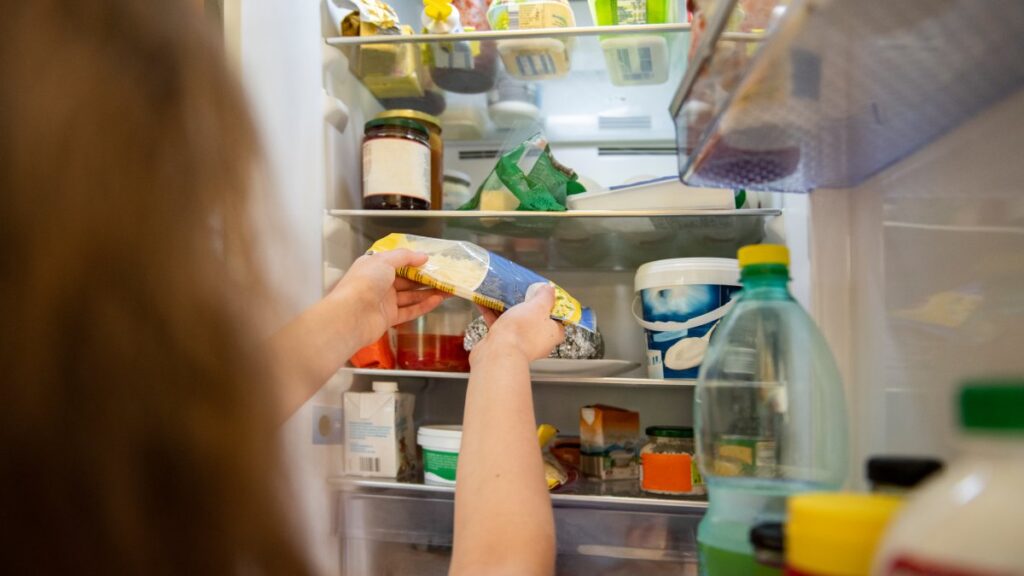If you’ve experienced an extended power outage, you may be wondering how safe the food stored in your refrigerator or freezer is to eat.
Cooler temperatures inhibit the growth of harmful bacteria, and as temperatures begin to rise, the risk of bacterial growth increases, as does the chance of food poisoning.
Below is a guide summarized from information published by the USDA and FoodSafety.gov, both of which recommend using this method rather than tasting food to determine if it is safe.
The USDA said refrigerators can keep food safe during a power outage for up to four hours, after which all perishable foods like meat, poultry, fish, eggs and cooked leftovers should be thrown in the trash.
Soft cheeses like mozzarella, brie, blue, and queso fresco should be discarded, but hard cheeses like cheddar, colby, Swiss, and parmesan can be kept.
You can keep the butter, but it’s best to omit the milk, buttermilk, yogurt, and sour cream.
Fresh fruits and vegetables that have not been cut can be saved, but if they have been cut they should be thrown away. Cooked vegetables, packaged leafy greens, cooked tofu, casseroles, soups, stews and potato salads should go in the trash.
You can save opened peanut butter, jelly, olives, pickles and vinegar-based dressings, but throw away opened mayonnaise, tartar sauce, fish sauce and cream-based dressings.
Cooked tortillas, muffins, cakes, rolls, waffles, pancakes, and breads are all OK. Throw out uncooked biscuits, cookie dough, cooked pasta, rice or potatoes, cream-based desserts, and pasta salads.
Foods stored in the freezer can last longer as long as the door is closed. According to the USDA, a half-full freezer can keep food safely for 24 hours, and a fully packed freezer can keep food for up to 48 hours. Food can be safely re-frozen if there are still ice crystals on it or if the temperature is below 40 degrees.
If you’ve recently had a power outage, consider moving meat and other perishables to the freezer. You can also make better use of space in your freezer by filling it with water and placing empty plastic containers.
If you lose food because of a power outage, check to see if your home insurance covers spoiled food. According to the Texas Department of Insurance, some homeowners and renters insurance policies will pay up to $500 for spoiled food without paying a deductible if you lose power under certain circumstances.


